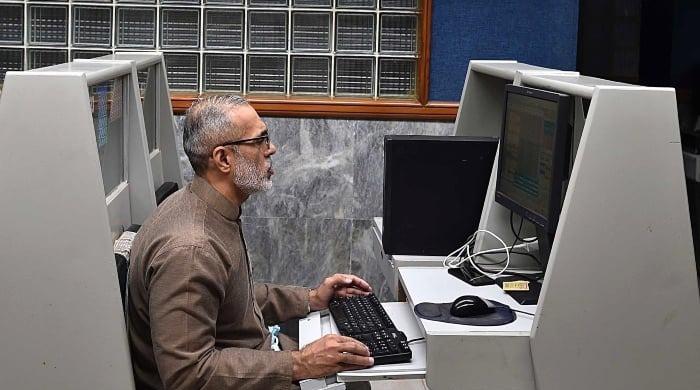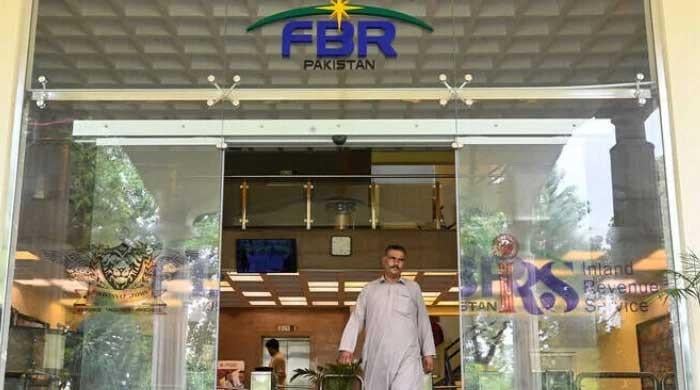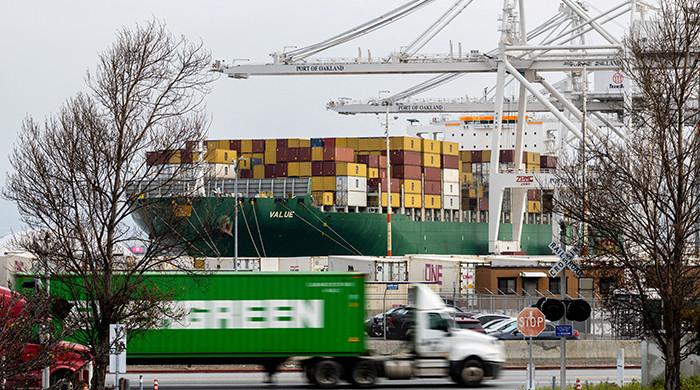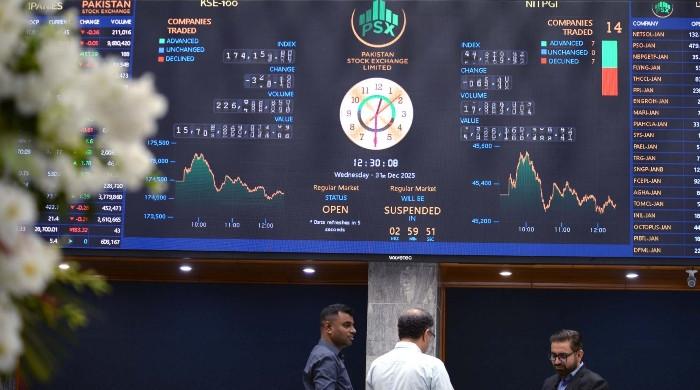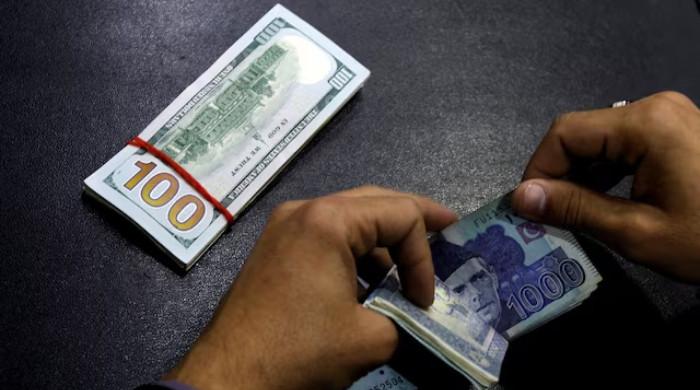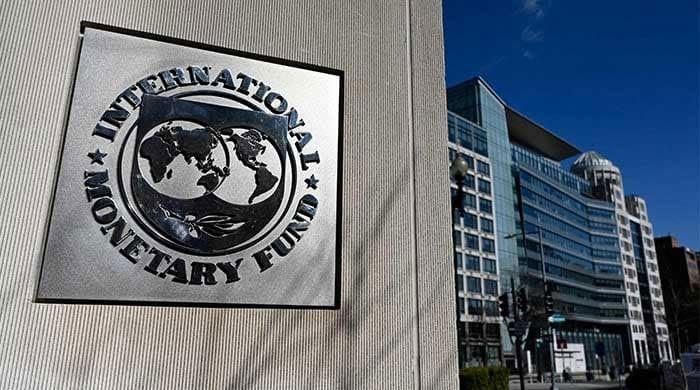ADB approves loans worth $1.3 billion for Pakistan
Bank says loans are for budgetary support and key reforms in Pakistan
December 06, 2019
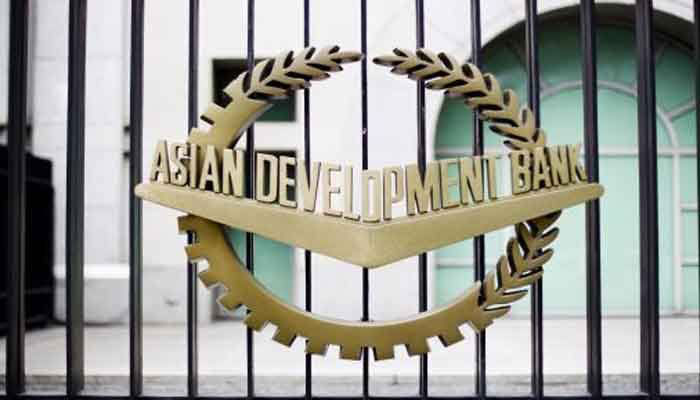
ISLAMABAD: The Asian Development Bank (ADB) on Friday approved two loans totaling $1.3 billion for budgetary support and key reforms in Pakistan.
The ADB approved $1 billion in immediate budgetary support to Pakistan to “shore up the country’s public finances” and help strengthen a “slowing economy”, said a statement released by the bank.
The quick dispersing Special Policy-Based Loan is part of a comprehensive multidonor economic reform programme led by the International Monetary Fund (IMF) to stabilise Pakistan’s economy after a major deterioration in its fiscal and financial position in mid-2018 caused growth to slump and threatened progress in alleviating poverty.
The bank said it approved the financing after the government implemented a series of IMF-supported reforms and actions to improve its current account deficit, strengthen its revenue base, and protect the poor against the social impact of the economic crisis.
“ADB is committed to providing wide-ranging support to strengthen Pakistan’s economy and reduce the risk of external economic shocks,” said ADB Director General for Central and West Asia Werner Liepach. “These funds will meet the government’s emergency financing needs to prevent significant adverse social and economic impacts and lay the foundations for a return to balanced growth.”
In another loan, the ADB approved a $300 million policy-based loan that will help the government to address financial sustainability, governance, and energy infrastructure policy constraints in the energy sector.
The financing will support the first of three sub-programmes totaling $1 billion under the Energy Sector Reforms and Financial Sustainability Program, a key component of a comprehensive multi-donor economic reform programme led by IMF.
“The cash shortfall across the power supply chain in Pakistan, also known as circular debt, has shot up to more than $10 billion and is a longstanding chronic issue ailing the country’s power sector,” said Liepach.
“A comprehensive and realistic Circular Debt Reduction Plan, assisted by ADB in close coordination with other development partners, is the cornerstone of this subprogram. The plan aims to drastically cut the new flows of circular debt and provides policy directions on addressing accumulated circular debt,” added the official.
The bank said that the energy reform programme aims to address the underlying causes of circular debt with a focus on improving inadequate tariff and subsidy systems, strengthening energy accounting, and reducing generation costs.




